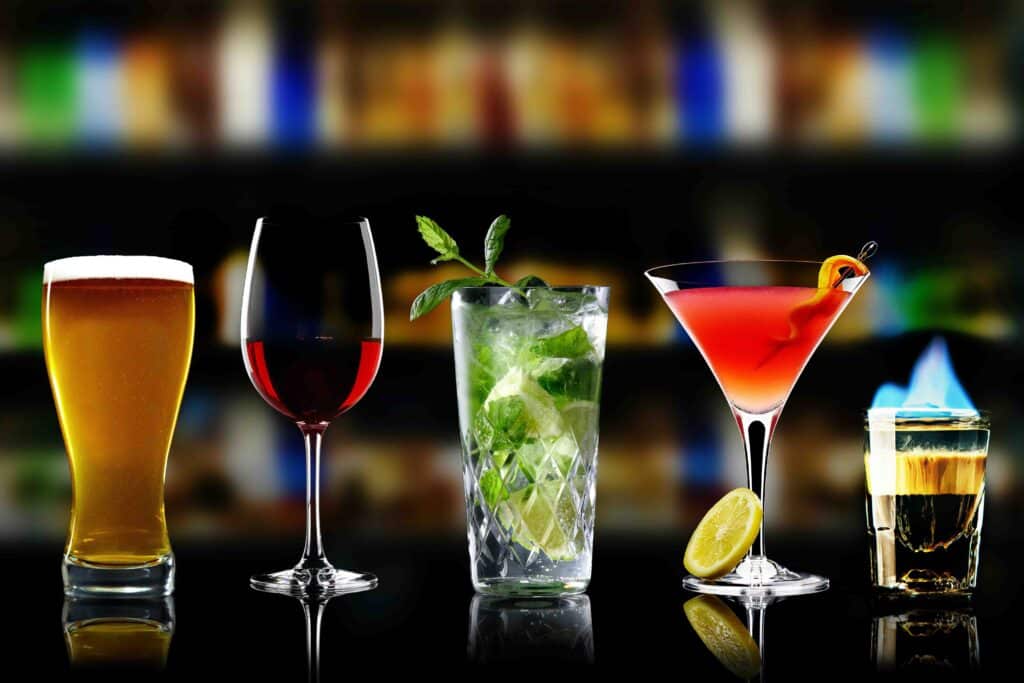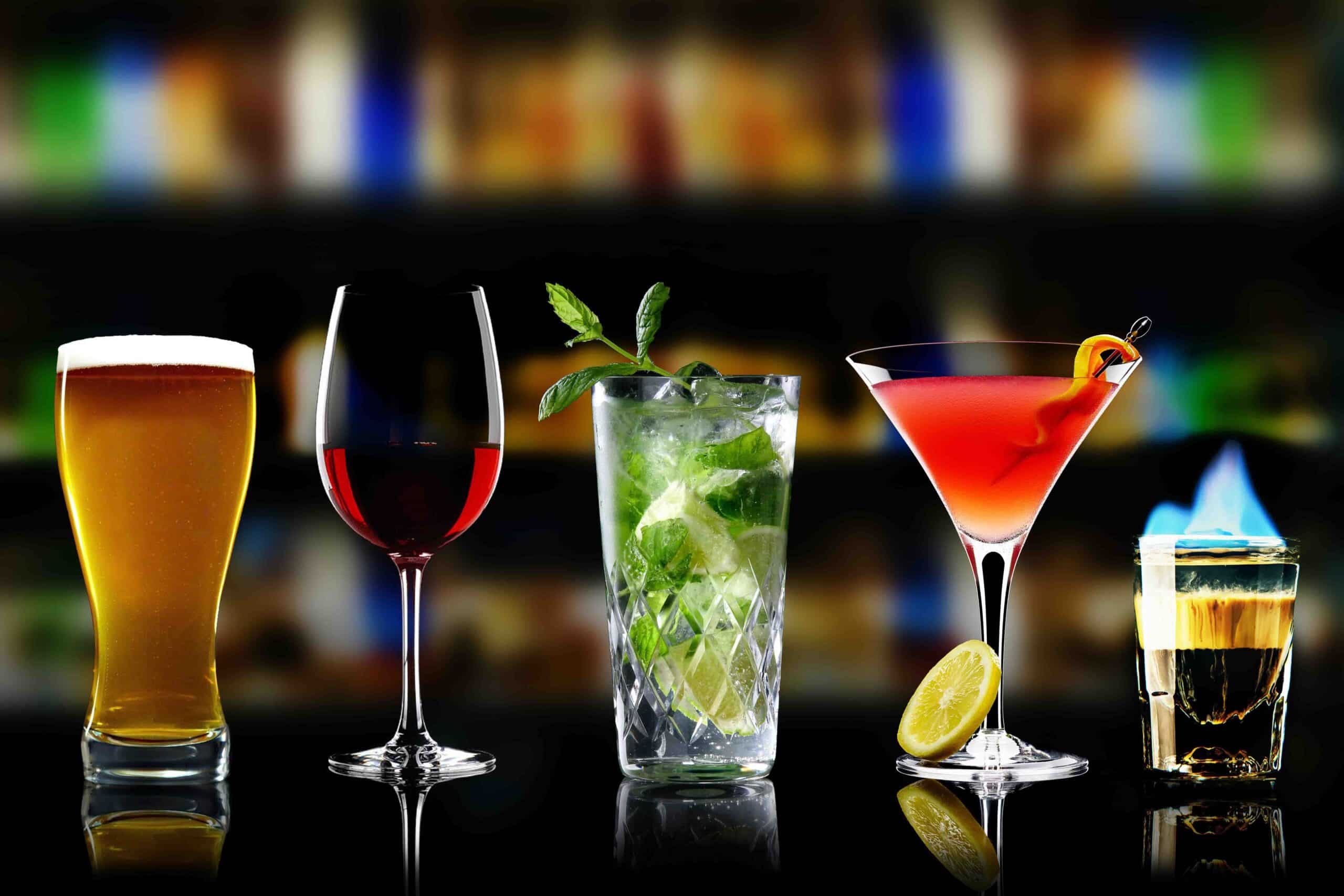Alcohol and Brain Health: Rethinking the Benefits Buy Joseph Keon
For years, many of us have heard the claim that drinking moderate amounts of alcohol might help protect against heart disease and even add years to our lives. This message has been promoted by health experts, studies, and even government recommendations. But as time goes on, new research is challenging this idea, and it may be time to rethink the health benefits of alcohol—especially with more people, particularly women, drinking than ever before.
The Shift in Perspective: New Research on Alcohol and Health
In 2019, a groundbreaking study of 500,000 people took a long, hard look at alcohol’s health impact. The study, which tracked participants for ten years, found that even one drink a day could increase blood pressure and raise the risk of stroke by 10 to 15 percent. It also found that alcohol didn’t offer any protective benefits as once believed. Then, in 2023, researchers from the Canadian Institute for Substance Use Research reviewed nearly 40 years of studies and concluded that moderate drinking does not protect against heart disease, cancer, or any other major health problem. While the dangers of alcohol, such as liver damage and cancer, have been well-known, there’s one risk that hasn’t been talked about as much: its impact on the brain.
Alcohol and the Brain: A Growing Concern
It turns out that alcohol affects the brain in several harmful ways, increasing the risk of cognitive decline and dementia. First, it interferes with neurotransmitters—the chemical messengers that help brain cells communicate with each other. It also increases the number of free radicals, unstable molecules that can damage brain cells. Additionally, alcohol can disrupt the brain’s ability to clear out beta-amyloid, the protein responsible for the plaques found in Alzheimer’s disease.
Even moderate drinking can have a serious effect on brain structure. Dr. Catherine Brawn Fortier, a neuropsychologist at Harvard Medical School, has conducted studies showing that the more people drink, the more damage they do to the frontal cortex—the area of the brain that controls planning, decision-making, personality, and social behavior. Her research, based on MRI scans, shows that heavy drinkers experience accelerated brain shrinkage, which is a sign of aging and cognitive decline.
Alcohol and Brain Aging: The Surprising Facts
When researchers at Geisinger Medical Center in Pennsylvania scanned the brains of nearly 1,840 adults between the ages of 34 and 88, they found that the more alcohol people drank, the more brain matter they lost over time. Interestingly, even light drinkers—those who consumed just a small amount of alcohol—showed more brain shrinkage than non-drinkers.
In another study, researchers found that the difference in brain aging between drinking a small amount of alcohol (like half a glass of wine or half a beer) and drinking larger quantities (like a full pint or a full glass of wine) was about two extra years of brain aging. Those who drank 1.5 drinks per day aged their brains an extra 3.5 years. And for heavy drinkers—those having four or more drinks daily—the brain aged an extra 10 years compared to non-drinkers.
Alcohol Use Disorders: A Major Risk for Dementia
Things get even worse for people with alcohol use disorders. A massive study in France (2018) that looked at medical records from over a million hospital cases found that alcohol use disorders tripled the risk of developing all types of dementia, including Alzheimer’s.
What Does This Mean for You?
If you’re looking to protect your brain and maintain cognitive health as you age, it’s worth reconsidering your drinking habits. The good news is that you don’t have to give up socializing or enjoying a drink altogether. There’s a growing movement toward alcohol-free options, and the market for non-alcoholic drinks is expanding. Many companies are now offering alcohol-free versions of wine, beer, and spirits made from botanicals. Some even serve “mocktails” at sober bars—cocktail-style drinks without the alcohol.
Choosing these alternatives can still allow you to enjoy the social aspects of drinking without the negative impact on your brain or overall health.
Joseph Keon is an investigative writer in the field of preventive medicine. He holds fitness expert certifications from both the Cooper Institute for Aerobics Research and the American Council on Exercise. In his work as a wellness consultant for over 20 years, Keon focused on chronic degenerative diseases and their relationship to modifiable lifestyle choices. He is a past member of the Board of Directors of the Wild Oats Wellness Foundation and Dr. Helen Caldicott’s Nuclear Policy Research Institute as well as the Marin Health Council, an advisory to the Marin County Board of Supervisors. Keon is currently a member of the American College of Lifestyle Medicine. Keon is the author of The Alzheimer’s Revolution as well as three other books including Whitewash: The Disturbing Truth about Cow’s Milk and Your Health.






